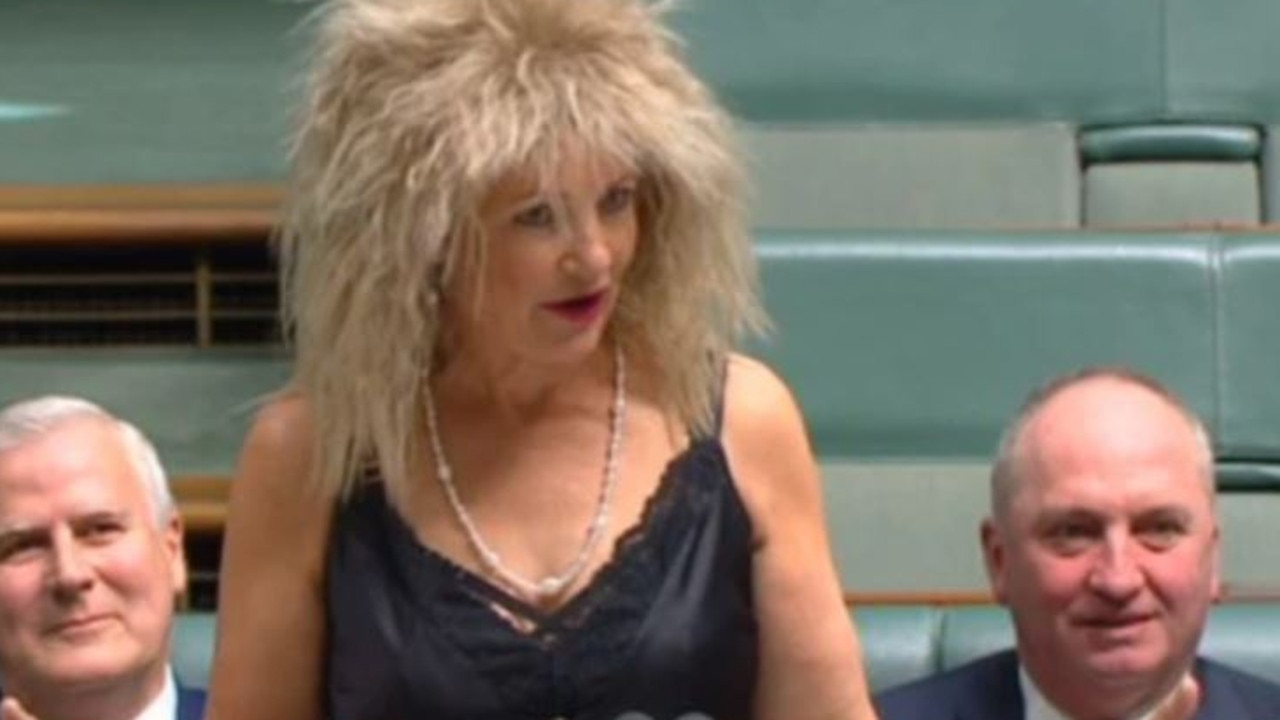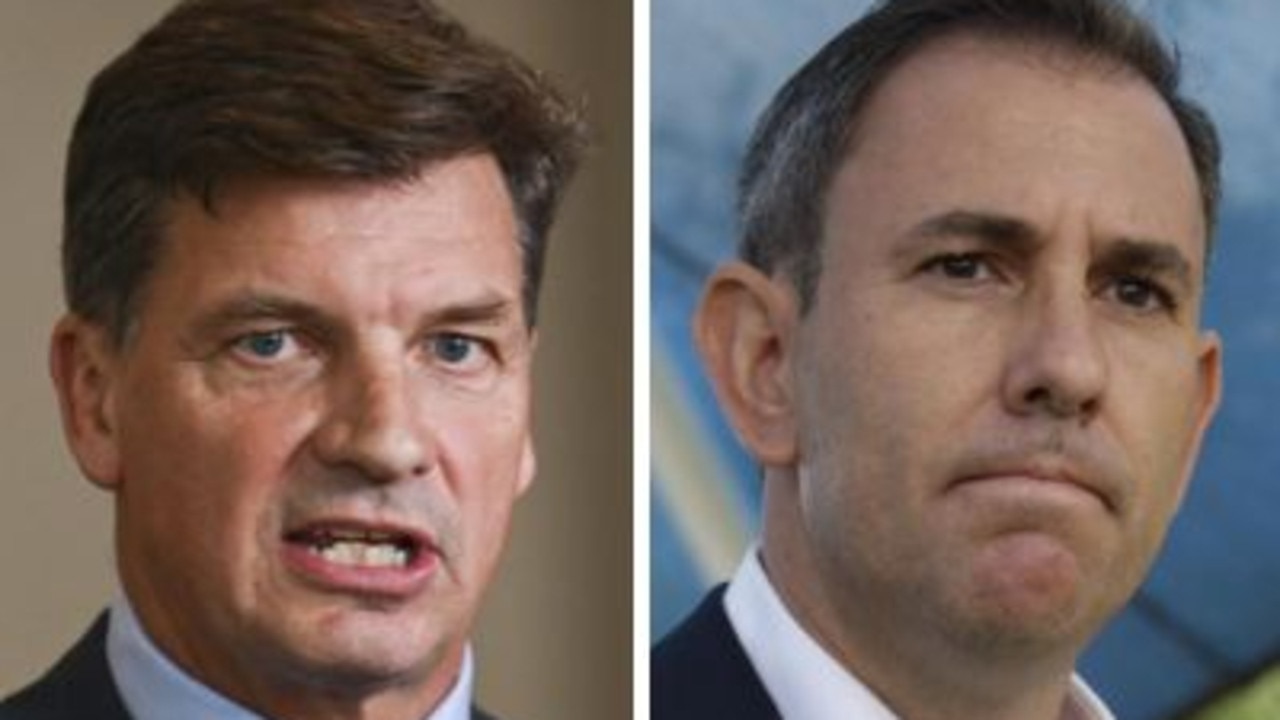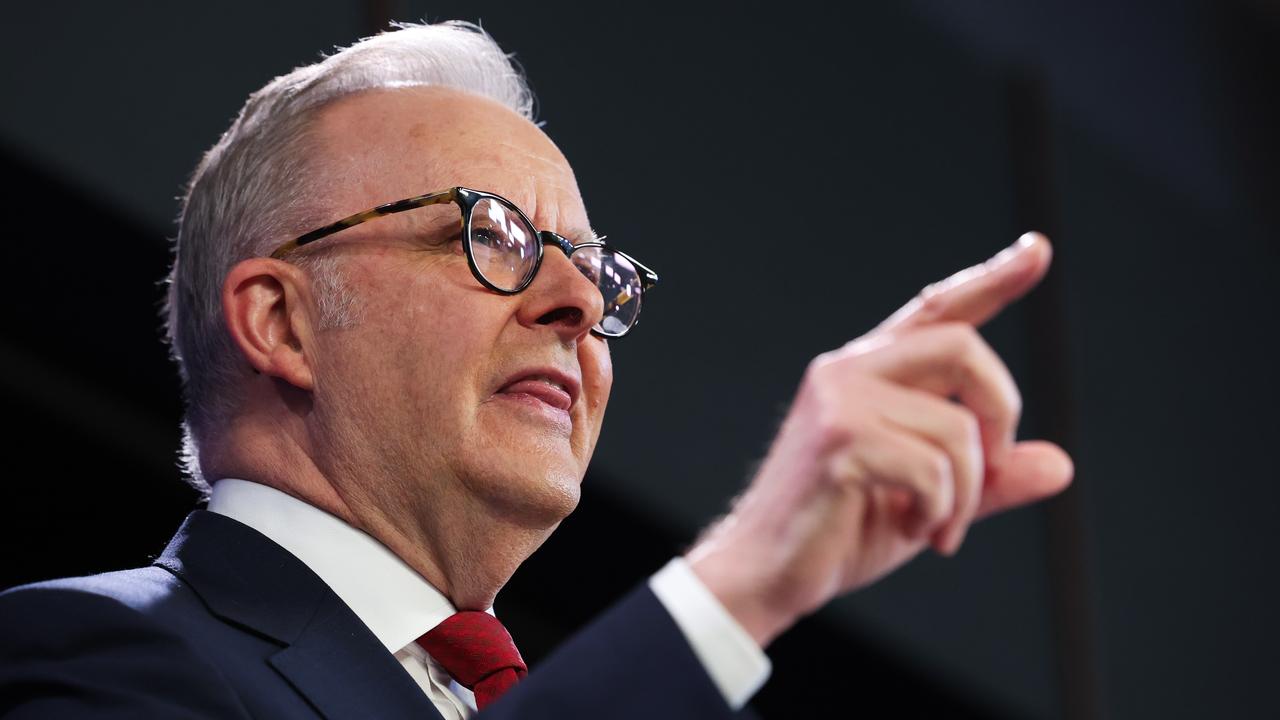Bank levy in Federal Budget 2017: Will Australians end up paying more?
THE surprise $6.2 billion tax hike in the Budget has got the banks fired up. They are warning that Australian workers will pay the price.
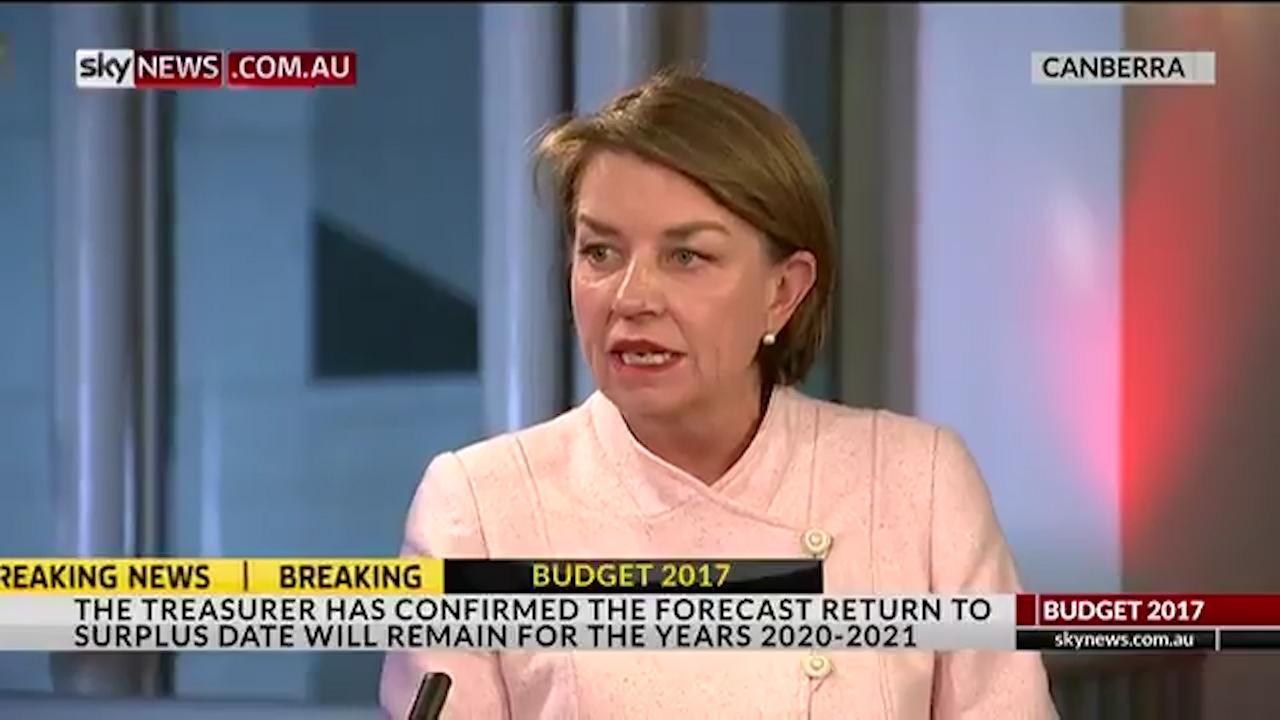
IT WAS the surprise $6.2 billion levy which got the banks all fired up.
Now the Big Five have hit out at the Budget measure announced last night claiming its Australian workers who will ultimately end up bearing the brunt of the move.
The Turnbull government is targeting the banks as a way of paying for disability insurance and to help balance the books.
And while the Opposition will support a levy on the big five banks, which will raise $6.2 billion over four years for budget repair, the banks argue they’ve been sidelined by the move.
The levy applies to Westpac, ANZ, Commonwealth Bank, National Australia Bank, and Macquarie Group.
Australia’s Banking Association CEO Anna Bligh slammed the move and said that every Australian will have to pay for Treasurer Scott Morrison’s levy.
Ms Bligh also said there had been no consultation with the industry ahead of the shock move.
“This new tax is not a well thought out policy response to a public interest issue, it is a political tax grab to cover a budget black hole,” she added.
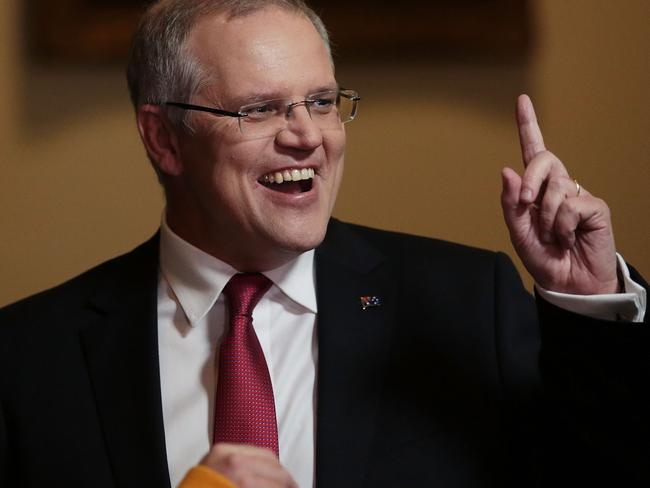
Under the new measures, banks with liabilities of more than $100 billion will be slugged 0.06 per cent on those liabilities each year from July 1.
Speculation about a new levy on the big banks sparked a rout in banking stocks on the ASX yesterday, wiping a collective $14 billion from their market value.
Shares for the big four banks fell by between 2.1 and 3.6 per cent.
The 2017/18 Budget projects a return to balance in 2020/21, improving from a deficit of $29.4 billion to a projected surplus of $7.4 billion within four years.
Mr Morrison introduced the levy on Australia’s five biggest banks arguing it was a “fair contribution.”
However in an interview with Sky News last night Ms Bligh said it was “policy on the run” and every Australian is going to pay the bill.
When political editor David Speers asked what she meant by every Australian, Ms Bligh said anyone who has money in super or has a retirement income that’s linked to the value of banks will be hit.
“They’re the biggest investors in banks,” she said.
She also argued the levy would undermine the stability of the banks.
Meanwhile NAB chief economist Alan Oster told ABC News the banks were blindsided by the levy.
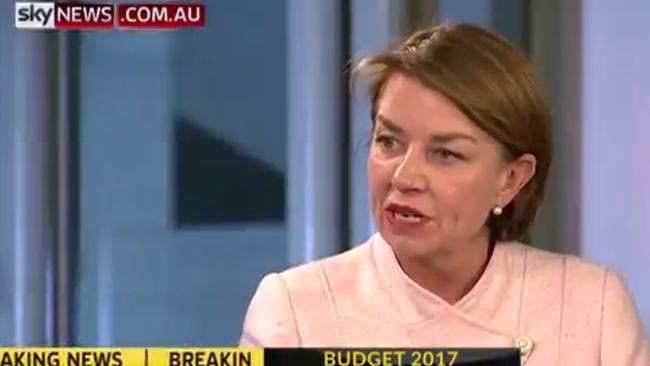
“It’s an unusual move and not one we were expecting,” he said.
“How the banks are going to react, I don’t know ... Not thrilled.”
However the treasurer dismissed the talk from the banks and Ms Bligh and told Sky News last night it was “absolute nonsense” that customers and shareholders would be made to pay.
“The banks have got $30 billion in profits this year,” he said.
When Speers asked who would pay, the Treasurer was resolute in who he believed should foot the levy.
“They should pay, the banks should pay,” he said.
“Asking the banks, I think reasonably and fairly, to contribute to the work of budget repair is consistent with liabilities around the world.”
Mr Morrison also said the levy would not apply to deposits and mortgage accounts and would exclude regulatory requirements on strong banking.
He also pointed out smaller and regional banks would not be affected and said any Australians who weren’t happy or felt they were getting a raw deal should go to another bank.
Meanwhile Prime Minister Malcolm Turnbull said it was only fair the “most profitable banks in the world” are levied to help balance the nation’s budget.
“Levies like this are common right around the world,” he told ABC TV.
“You have to remember that the banks are hugely profitable. They do not need to pass this on.
“They will still be very profitable and the most profitable banks in the world.”
Mr Turnbull also said it would be “very unwise” for the banks to move on the levy in the next 24-48 hours and the ACCC will be watching them very “carefully indeed.”
He said the UK had a bank levy and they also had to pay additional company tax.
He said the banks get implicit government support because they were “too big to fail” and the levy “recognises that implicit support that government provides”.
- with AAP

